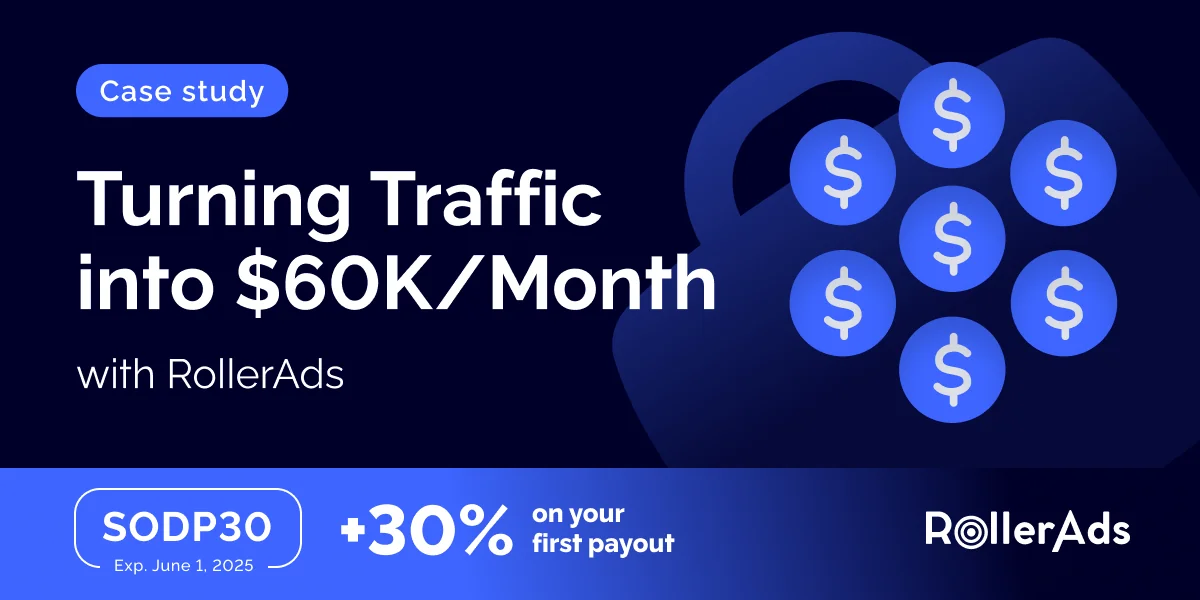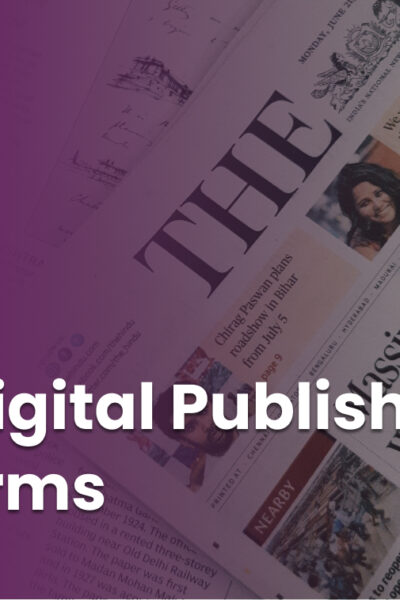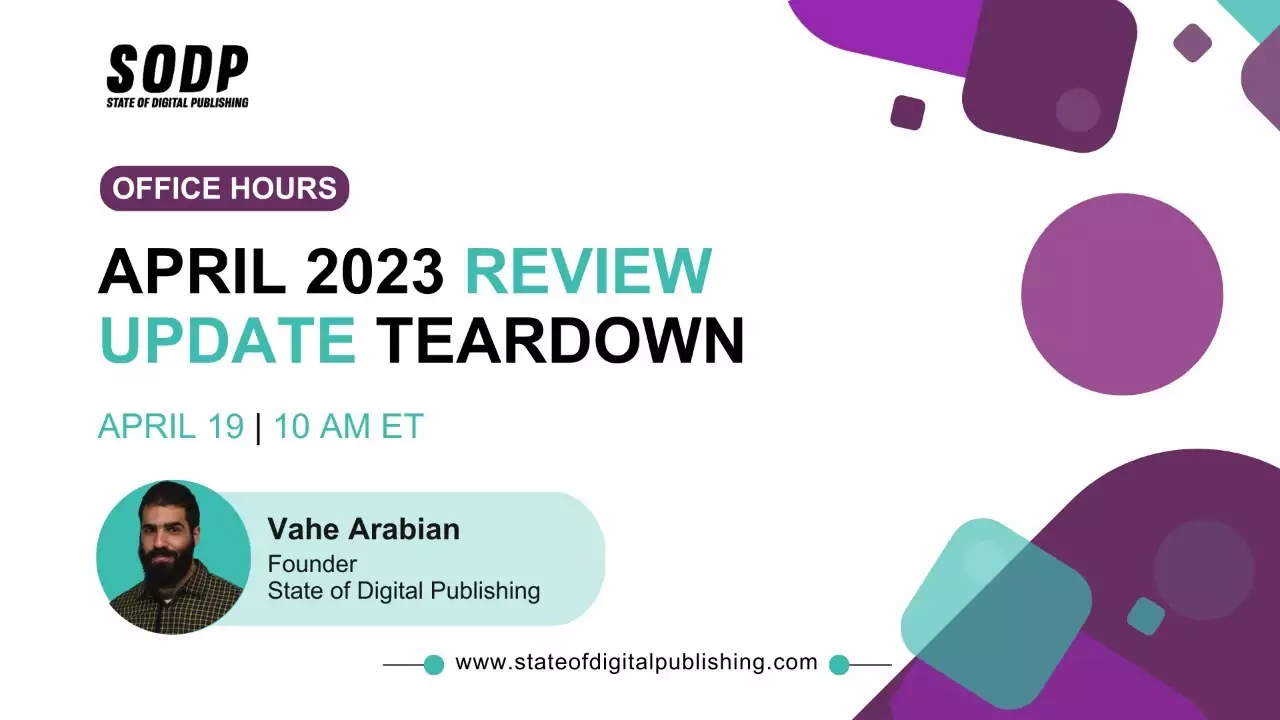What’s been happening in the world of digital publishing over the last week? Here’s your weekly round-up of news, announcements, product launches, and more.
Trends
Journalism, media, and technology trends and predictions 2022
2022 will be a year of careful consolidation for a news industry that has been both disrupted and galvanised by the drawn-out COVID-19 crisis. Both journalists and audiences have, to some degree, been ‘burnt out’ by the relentless intensity of the news agenda, alongside increasingly polarised debates about politics, identity, and culture. This could be the year when journalism takes a breath, focuses on the basics, and comes back stronger. Read more
Why it matters: As explained, “After a period where digital advertising revenue has leaked away to giant platforms, publishers have an opportunity to secure better results this year. Tighter privacy rules limiting third-party data, along with concerns about misinformation, have already started to swing the tide back towards trusted brands, but advertising remains a competitive and challenging business, and not every publisher will thrive.”
The ad tech industry’s record rebound
A record number of advertising and marketing technology companies went public last year, according to a new report from LUMA Partners, a leading media and marketing investment firm. Deal volume among ad tech, marketing tech and digital media companies soared 82% year-over-year. Read more
Why it matters: “It wasn’t long ago that investors were pulling back from the ad tech industry, fearing it would crumble as the sector moved away from tracking cookies and toward privacy-focused targeting solutions. But optimism surrounding the country’s economic recovery, inflated public market valuations and growth in streaming, gaming and e-commerce has investors much more excited about ad tech today than ever before.”
Future of Digital Publishing
Google offers not to put News Showcase into search results in Germany as antitrust probe rolls on
In the latest bit of regulatory woe for Big Tech in Europe, Google is trying to settle a German antitrust investigation into its news licensing product by offering not to expand the display of News Showcase “story panels” into general search results.
The German Federal Cartel Office (FCO) announced that the company has proposed several measures in response to its antitrust concerns — which also include taking steps to put clear blue water between News Showcase contracts and ongoing negotiations with publishers related to copyright licensing obligations around so called neighbouring rights for news. Read more
Why it matters: As the author explains: “Germany hasn’t issued any sanctions yet, but with the FCO flush with new powers to tackle abusive digital giants, the threat is clearly there. Hence Google’s alacritous offer of tweaks to how it operates the News Showcase product in Germany.”
Should we spend less time fighting misinformation and more time “fighting for information”?
Misinformation makes up a teeny-tiny share of what most people read, and we might want to worry a little less about debunking it or trying to get people not to read it, argue the authors of a research note published Wednesday in the Harvard Kennedy School’s Misinformation Review. Instead, they say, “more efforts should be devoted to improving acceptance of reliable information, relative to fighting misinformation.” Read more
Audience engagement
Podcasting Hasn’t Produced A New Hit in Years
Dawn Ostroff wants to find more hits. The chief content officer of Spotify is upset that her company isn’t producing enough new popular podcasts, and has been putting pressure on her in-house studios to deliver. None of the 10 most popular podcasts in the U.S. last year debuted in the last couple years, according to Edison Research. They are an average of more than 7 years old, and three of the top five are more than a decade old. Read more
Why it matters: As the author points out, “This trend vexes executives and producers across the podcasting industry, who worry they are wasting a lot of money on new shows. Spotify, Amazon, SiriusXM, iHeartMedia and outside investors have plowed billions of dollars into production companies. Spotify has spent more than anyone, paying about $500 million for three studios. Where is all this money going if these companies aren’t producing new hits?”
Tech
AP to launch NFT photography marketplace built by Xooa
The Associated Press will launch a non-fungible token (NFT) marketplace built by blockchain technology provider Xooa, where collectors can purchase the news agency’s award-winning contemporary and historic photojournalism.
The marketplace and first NFTs are set to debut on Monday, Jan. 31.
The initial collection will feature photography by current and former AP photojournalists and a selection of digitally enhanced depictions of their work. Pulitzer Prize-winning AP images will be included. Read more
Why it matters: “NFT” is a buzzword of 2021-2022. Many digital publishers experimented with NFTs with mixed results. As large publishers like AP get in the game, more innovative NFT projects are bound to pop up.
Content from our partners
UK government invests in blockchain initiative for digital advertising
The UK government innovation agency has awarded a six-figure grant to a blockchain initiative which aims to process billions of advertising impressions in near real-time.
TAG TrustNet uses Distributed Ledger Technology (DLT) to create a decentralised digital database for digital advertising.
It is described as a “first-of-its-kind initiative” and TAG TrustNet was launched as a global initiative by the ANA, the 4A’s, and the IAB to “stop criminal activity and increase trust and transparency in digital advertising”. Read more
Why it matters: As Tom Fiddian, head of AI and data economy programmes at Innovate UK, puts it: “By lending the weight of Government support to this initiative we expect to accelerate widespread adoption in the UK, create a use case for other sectors to learn from, and facilitate export opportunities for the project”












